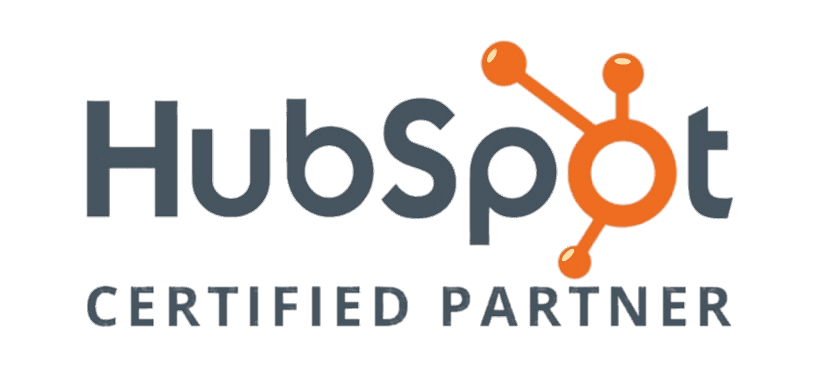WHAT DOES THE FUTURE OF SEO LOOK LIKE?
Many of you know that I'm all about the content, and there are many reasons for that. One of which concerns search engine optimization (SEO). With all the Google algorithms, it can be hard to think about what really changed in the digital world of search.
While the Google robots love words on a web page, there is an algorithm that's fully dedicated to finding quality content – Panda. Released in 2011, the algorithm looks for low-quality and thin content sites. This is one of the main reasons why I think SEOs need to have good writing skills. Panda is on the lookout for duplicate content, poor spelling and grammar.
The days of writing for the sake of writing are done. There needs to be a purpose. I can remember having a debate with a professional who is well known in content marketing about SEO. He believed that SEO was irrelevant. “If you're writing good copy, you will naturally show up in Google search results,” he said. That is simply not true. Since then, Panda has negatively impacted pages that are not optimized for search at all.
Furthermore, Google's RankBrain algorithm is looking at search intent, which very much involves the use of particular keywords into your web pages. Every web page has a meaning, which is why search intent through keyword evaluation and strategic placement is of the upmost importance.
There really isn't one separate algorithm anymore when it comes to Panda; but Panda has been integrated into the core algorithm of Google. Through the years of optimization, there are key areas that I don't see going away when it comes to search – content quality, user signals, website experience and trustworthiness.
CONTENT QUALITY
With artificial intelligence, Google is better at determining what a user wants on the web. A website is just a communication vehicle, which is why you want to make sure you're communicating what your audience wants concisely.
Competitive advantages are more important than ever. Since digital competitors can be different than industry competitors, it's important to find your niche and tell a story in a compelling and engaging way while not missing the point for the search.
USER SIGNALS
Google will continue to look at bounce rates, low click-through rates, time on the site and percentage of returning visitors. These user signals tell the search engine if the content is what users are demanding to read.
WEBSITE EXPERIENCE
Did you know that poor site navigation tells Google that users cannot find valuable content on your site? This is why I personally believe in persona targeting. If a user lands on your website and sees that the content is for them, they are more likely to stay and continue their search. A website can provide superb experience when created by the conversion funnel and using inbound marketing best practices.
TRUSTWORTHINESS
Everything you do on the web works together. Getting high-quality links is going to involve you building relationships with influencers, either it be with media outlets or key bloggers. Off-page optimization is similar to a popularity contest – you only want the popular group to pay attention to you.
Not only will Google continue to look at reviews on social sites, but it will continue to look at your social pages' activity. Do you get a lot of shares and likes? While social media shares don't count as links, there is most certainly a correlation between social engagement and rankings. Google TrustRank is an algorithm that is completely dedicated to measuring trust, and it does that by looking for high-quality links, which can be produced through high-quality content.
While there is a rise in pillar pages, I still think that search intent will grow, and it will be more important for SEOs to truly understand the customer. Pillar pages can be 5,000 words in length, which can be overwhelming to the user. Therefore, all types of content will need to work together to truly help with creating a great user experience. The rise in pillar pages is creating an even bigger need for SEOs to understand how quality content works.
For more information on what has really changed with SEO, listen to this podcast:



